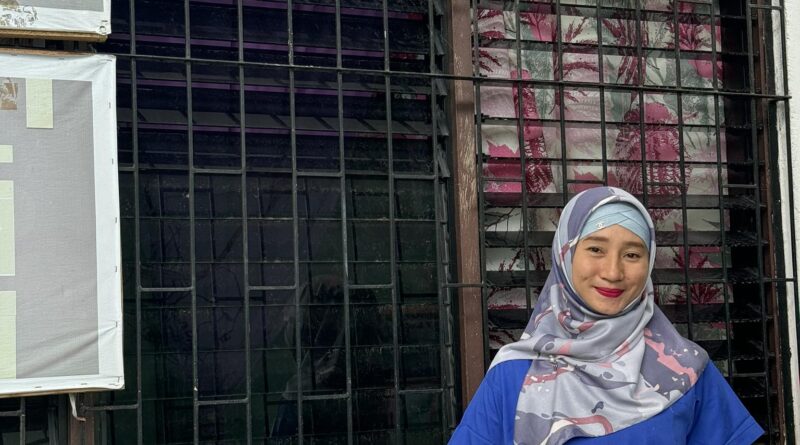Introduction to the Special Issue on the Power of Information in Marginalised Communities
This special issue of Information Matters explores the crucial role of information in empowering and transforming communities facing systemic challenges and in redressing systemic inequalities. The eight articles in this special issue discuss different ways in which these objectives can be achieved.
Read More












